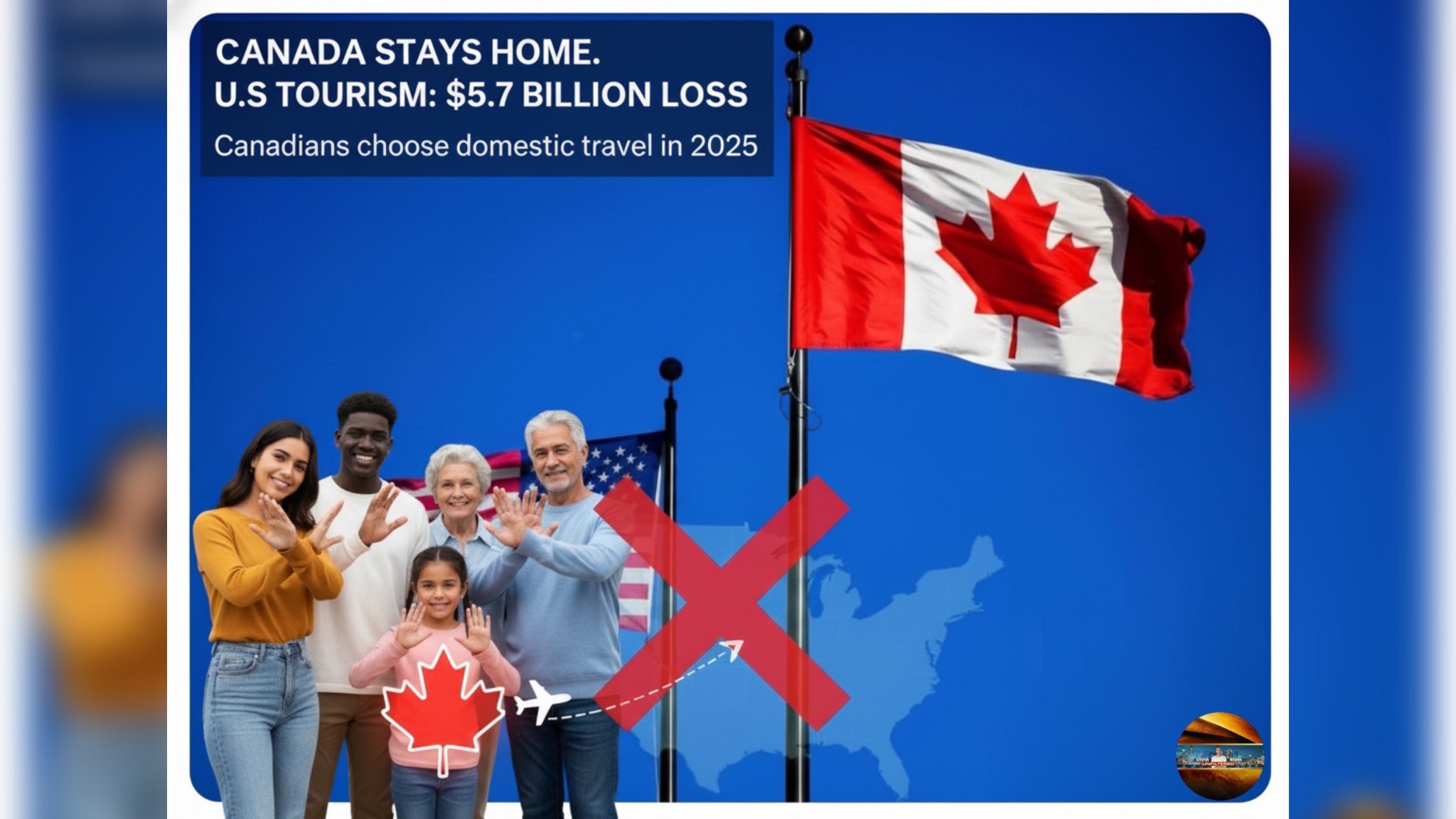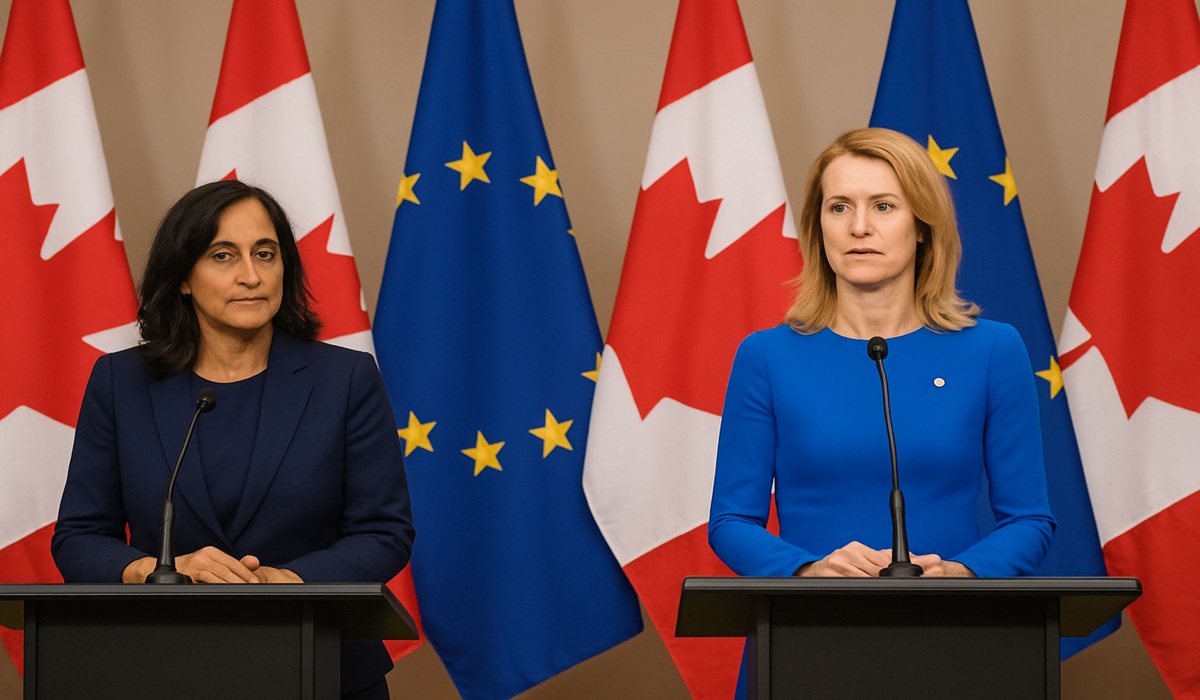By: Donovan Martin Sr, Editor in Chief
The government’s latest fiscal plan arrives with a familiar promise: prosperity through environmental progress. Unveiled in Calgary, the new Climate Competitiveness Strategy is being sold as a blueprint for long-term growth—an attempt to link clean innovation with national resilience. Minister Eleanor Olszewski, speaking on behalf of Prairies Economic Development Canada, called it a pivotal moment, insisting that the strategy “aims to strengthen industrial resilience in a decarbonizing global market.”
The plan invests heavily in carbon pricing systems, clean-economy tax credits, and critical minerals, while mobilizing capital for net-zero industries. It claims to offer clarity to companies seeking certainty after years of climate policy whiplash. On paper, this could be the economic engine that drives new jobs and investment, but beneath the political polish lies an uneasy truth: the same government that pledges competitiveness continues to hand over billions in foreign climate obligations through the Paris Agreement—a framework that has done little to enhance domestic affordability or productivity.
Prime Minister Mark Carney framed the strategy as a turning point, stating that “Budget 2025 delivers a plan for Canadians—one that invests in our people, our industries, and our future. The Climate Competitiveness Strategy is about betting on ourselves: on Canadian ingenuity, clean energy, and the workers and businesses that will drive the next generation of growth and prosperity.” It was a polished message, aimed at inspiring confidence, yet many wonder whether this is really a bet on the national workforce or another expensive endorsement of policies that send taxpayer dollars abroad.
Ottawa continues to brand climate action as a moral duty, but that narrative often ignores the practical imbalance it creates. While Canadian families pay higher costs for energy and transportation, billions flow to developing nations under the guise of global climate justice. It is a policy that punishes success and rewards dependency. If the government truly believes innovation is the future, then it should allow the resource industries that built this country to innovate and expand—not restrict them under the weight of international commitments that serve little measurable purpose at home.
The Honourable Julie Dabrusin, Minister of Environment and Climate Change, reinforced the official optimism, declaring that “Canada must act with urgency, unity and determination. At this critical moment, we have a choice: lead—and seize the opportunities of the energy transition—or get left behind.” Her words echoed sincerity, but they highlight the contradiction at the heart of federal climate policy. Leadership does not mean burdening domestic industries while subsidizing global competitors. True leadership would mean developing homegrown technology, refining our own energy resources, and exporting solutions—not cash—to the world.
Critics of the Paris Agreement argue that it was never designed for fair economic balance. Larger emitters continue expanding production while this country imposes stricter self-restraints. The result is predictable: foreign competitors surge ahead while domestic producers are forced to scale back, taking thousands of jobs and billions in investment with them. The idea of pulling out of that agreement may sound radical to some, but it’s increasingly viewed as a logical correction rather than an act of defiance.
Minister Olszewski’s department insists that the strategy “will help build the strongest economy in the G7.” That confidence may be genuine, but it sits uneasily beside the reality of an energy sector throttled by red tape and an industrial base still recovering from years of inconsistent climate policy. When the government talks about “betting on ourselves,” it should mean empowering those who produce, invent, and employ—not funneling funds through international channels that treat this country as an ATM for global environmental projects.
The global economy is indeed shifting toward cleaner production, but that evolution should not come at the expense of national sovereignty or prosperity. The tools already exist to make oil, gas, and mineral extraction cleaner, safer, and more efficient. Those improvements represent progress, not pollution. Instead of treating these resources as a liability, the government could recognize them as the backbone of an independent, environmentally responsible economy.
Budget 2025’s climate narrative is ambitious, even inspiring in tone. Yet without a decisive break from the financial drain of the Paris framework, the nation risks funding other countries’ transformations while constraining its own. The path forward should not be about appeasing international expectations but about building genuine self-reliance—an approach where environmental responsibility and economic strength coexist, not collide.
Until the government confronts that contradiction, its talk of competitiveness will remain just that—talk.









